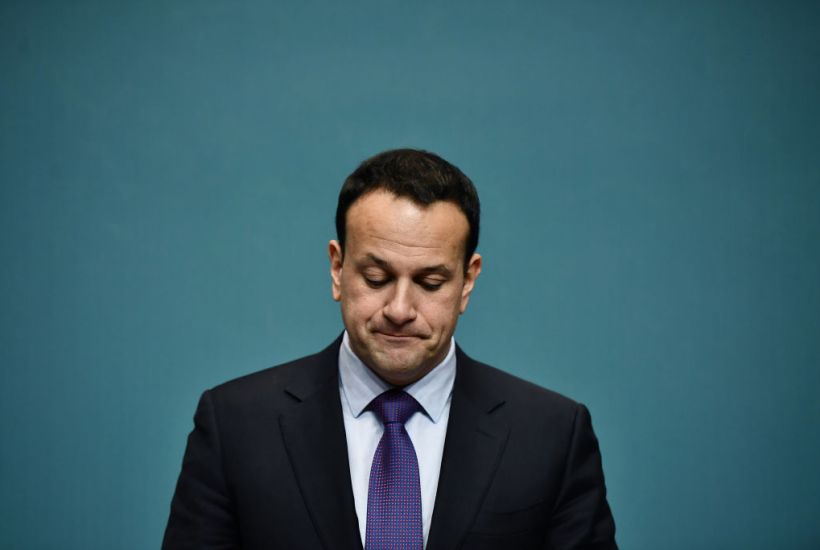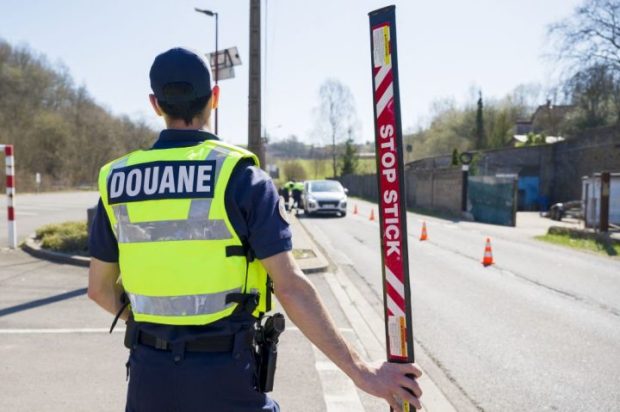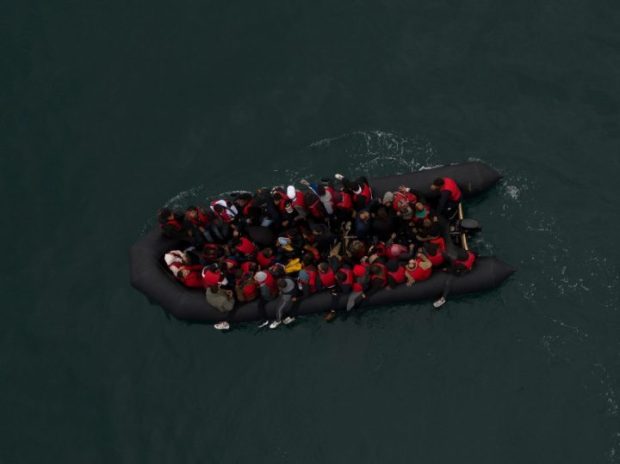Jeremy Corbyn has vowed to use ‘all tactics available’ to block a no-deal Brexit. The Labour leader is meeting MPs today to try work out how to do just that. But with no deal back in the headlines, are we having the wrong discussion about what it would mean for Britain to leave the EU without an agreement?
Most of the focus around a no-deal Brexit has been on the economic pain that will be suffered by various parties, but particularly the UK. Little thought has been given, however, to the political pain.
To politicians seeking re-election (for either themselves or their party), small issues can become greatly magnified. Whenever a steel plant or a car factory faces closure, the government comes under pressure to meet with the owners to find a rescue plan. But in sectors like retail and restaurants, companies often fail without much public outcry about lost jobs. Similarly, the objective of restoring British sovereignty over its fishing waters is out of proportion to its overall contribution on GDP, which is less than half a per cent. This has led many people to question why exporters should face higher barriers to trade because of fishermen.
One answer is that concentrated impacts in certain sectors produce disproportionate political pain. A steel plant closing in a constituency, coupled with its impact on local supply chains, can have enough of an impact to alter voting outcomes. With fishing, there are many deprived coastal regions which would benefit from the economic stimulus from regaining control over fisheries, regions which return MPs to Westminster. But when Jamie’s Italian goes to the wall with the loss of 1000 jobs, the impact is spread across such a wide area that it is unlikely to alter voting outcomes.
In the UK, FPTP magnifies this effect – in the 2017 election, if 401 more voters in eight constituencies had voted Conservative, Theresa May would have retained her majority. What was arguably the worst Conservative election campaign in living memory only needed to be slightly less terrible and the subsequent two years could have been quite different.
Likewise, if 53,360 voters in Pennsylvania, Wisconsin, and Michigan had voted for Hillary Clinton rather than Donald Trump, she would have won the 2016 election. That’s 0.04 per cent of the electorate, which makes her decision to skip campaigning in the rust-belt states and the “basket of deplorables” comment take on considerable significance.
While proportional representation can blunt this single-issue effect, it does allow fringe parties to gain a foothold in parliaments much more easily. In 2017, AfD won 94 of 709 seats in the Bundestag on 12 per cent of the vote. In 2015, Golden Dawn became the third largest party in the Greek parliament. And in 2018, the Swedish Democrats did the same. It means that anti-EU sentiment may get a stronger voice. In short, there is less of a barrier for Eurosceptic parties to gain influence in domestic politics.
The reason that these factors are important is that the impact of a no-deal Brexit on the rest of the EU member states could be more politically significant than economic.
The EU is the UK’s largest trading partner, but it is a mistake to view the EU as a homogenous entity. The EU as a whole has a trade surplus in goods with the UK in the order of £93bn ($114bn), but some countries are far more exposed than others with nine of the 27 accounting for 97 per cent of that surplus and just four accounting for 73 per cent – Germany, Belgium, Italy and the Netherlands (although there is distortion from the “Rotterdam effect” to be accounted for).
Even within countries where the UK currently has more balanced trade, not all sectors are equal. For example, the UK is a major importer of French agricultural exports, a sector known to be highly militant. It wouldn’t take much disruption for farmers to don their Gilet Jaunes and join the protests.
So while it is clearly true that UK trade is a smaller part of the EU total than vice-versa, in the event of severe trade disruption, the political pain is going to be much more concentrated. The great unknown, then, is how will EU leaders be viewed by their electorates in the aftermath?
Brexiteers have long been scoffed at by some Remainers for insisting that the German car industry will come riding over the hill to demand concessions, which of course they haven’t (not visibly, anyway). That’s an interesting case of “the dog that didn’t bark” – it did seem likely, after all.
If no-deal does occur, though, what will the new reality be? The AfD are already strong in Bavaria, part of Germany’s industrial heartland which would be most affected by a no-deal Brexit. Will the German chancellor be content to strengthen her domestic political opponents to preserve the EU’s red lines?
In the event of UK waters being closed to French fishermen and UK markets being closed to French wine and agricultural produce, how will Emmanuel Macron be viewed at home? Whatever slim hopes Macron has of being re-elected would surely evaporate. Any anti-government and anti-EU feeling will surely be capitalised on by Marine Le Pen’s Front Nationale.
And what of the Irish? There is seemingly universal political support for Leo Varadkar’s hard line. And there are always votes to be gained from some mild Brit-bashing. But in the aftermath of no deal, voters may perceive the Irish stance as having been an unnecessary gamble and an abject failure of strategy. Rather than spending three years working on mutually acceptable solutions (as Enda Kenny’s government had been pre-2017), Varadkar’s stance will have resulted in the very thing he set out to avoid.
And it isn’t just citizens to consider. Various governments are already in conflict with the institutions of the EU. How will the Polish and Hungarian governments react to economic damage? Already bruised by EU-imposed sanctions and sore at being marginalised by the Franco-German axis, they may not be in a conciliatory mood. Likewise, the pressure that a sharp economic slowdown would have on the Italian economy and debt trajectory could embolden Eurosceptic feeling there as well.
For the EU, the problem is that the benefits of maintaining the integrity of the EU single market are felt widely but thinly. There are few votes to be won by trumpeting that as an achievement, but there are certainly votes to be lost by concentrated sectoral damage.
As with many political principles, they simply aren’t as important to citizens as they are to politicians. This is further magnified by the absence of a single European demos. As observed in the Greek debt crisis, sympathy between the various electorates is somewhat limited. How much does a Spanish hotelier or Polish haulier care about the Irish border?
There is scarcely a political problem in Europe that a no-deal Brexit couldn’t make worse. Britain will undoubtedly go through some pain but there is (at least) a sizeable minority of its voters who will believe it to be worthwhile. How big is the equivalent block in EU countries?
In the aftermath of the 2008 financial crash, Jean-Claude Juncker said “We all know what to do, we just don’t know how to get re-elected after we’ve done it.”
The current batch of EU leaders may indeed prefer a no-deal Brexit to compromising their red lines, but how much thought have they given to being re-elected afterwards?
Got something to add? Join the discussion and comment below.
Get 10 issues for just $10
Subscribe to The Spectator Australia today for the next 10 magazine issues, plus full online access, for just $10.




















Comments
Don't miss out
Join the conversation with other Spectator Australia readers. Subscribe to leave a comment.
SUBSCRIBEAlready a subscriber? Log in